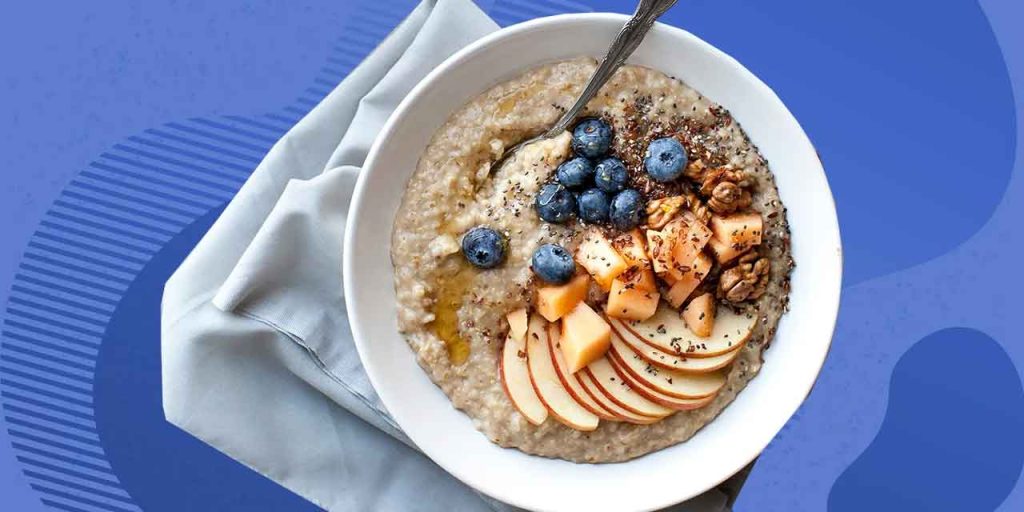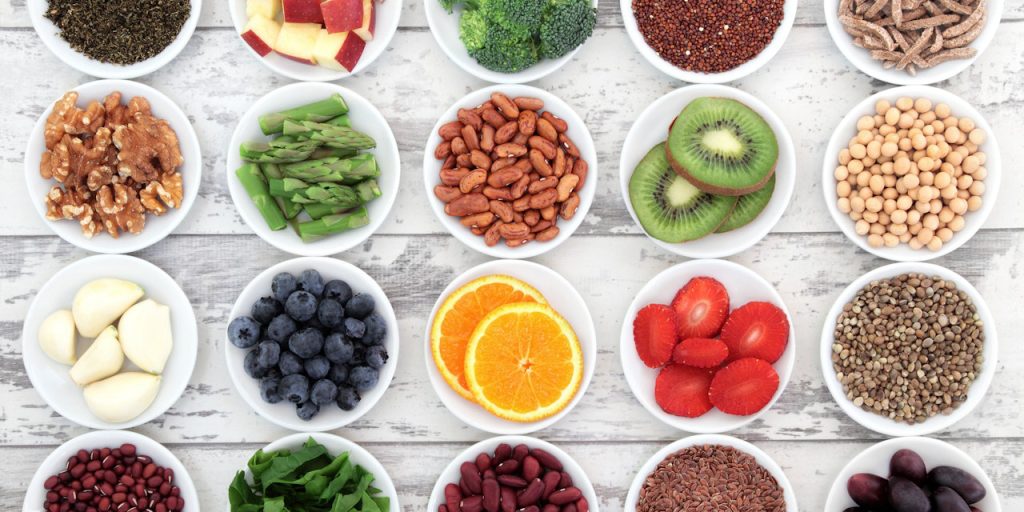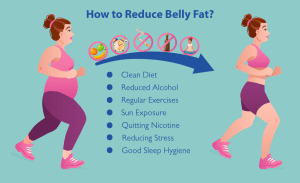Feeling bloated and uncomfortable because of constipation? You’re not alone. Constipation affects millions of people, among other things fiber can be one of the simple and effective solutions. Let’s see how fiber helps with constipation and how you can add it to your diet.
What is Constipation?
Constipation is having fewer than three bowel movements a week and passing stools that are hard and difficult to move. A lot of people suffer from constipation in one or the other form. A significant cause of constipation is a lack of fiber in the diet. Fiber helps keep stools soft and promotes regular bowel movements by adding bulk to your stool.
Causes of Constipation
Besides a lack of fiber, other common causes of constipation include:
- Not Drinking Enough Water: Dehydration can lead to hard, dry stools. The American Dietetic Association (ADA) recommends drinking around 8 glasses of water a day to help prevent constipation.
- Not Exercising Enough: Physical activity stimulates digestion. A study published in the American Journal of Gastroenterology found that regular exercise can significantly improve bowel function.
- Certain Medications: Medications like opioids, antacids containing calcium, and some antidepressants can cause constipation, as noted by the Mayo Clinic.
- Stress: Stress can affect digestive health and contribute to constipation, according to the American Psychological Association (APA).

How Fiber Helps
Fiber aids constipation relief in two primary ways:
- Adds Bulk: Fiber increases the size of your stool, which helps it move through your intestines. A study in the Journal of Clinical Gastroenterology found that increasing fiber intake can improve stool consistency and frequency.
- Softens Stools: Soluble fiber, found in foods like oats and apples, absorbs water and helps soften stools, making them easier to pass. The American Gastroenterological Association (AGA) emphasizes the benefits of soluble fiber for stool consistency.
Types of Fiber
There are two main types of fiber:
- Soluble Fiber: This type of fiber dissolves in water and forms a gel-like substance. It is found in foods such as Oats, Barley, Beans, Lentils Apples Oranges Pears Bananas Berries Psyllium Carrots etc. Soluble fiber can help improve stool consistency and reduce constipation.
- Insoluble Fiber: This type doesn’t dissolve in water but adds bulk to your stool. It is found in foods like whole grains, nuts, and vegetables. Insoluble fiber helps to move stool through the digestive tract.

How Much Fiber Do You Need?
The recommended daily fiber intake is about 25 grams for women and 38 grams for men, according to the Institute of Medicine. Most people get only about half of this amount, which contributes to digestive issues like constipation.
High-Fiber Foods
To help with constipation, try including more of these high-fiber foods:
- Whole Grains: Foods like oats, brown rice, and whole wheat bread.
- Legumes: Beans, lentils, and chickpeas.
- Fruits: Raspberries, pears, apples, and oranges.
- Vegetables: Broccoli, Brussels sprouts, and carrots.
- Snack on Nuts and Seeds: Almonds, chia seeds, and flaxseeds are good sources of fiber.
Be Careful with Too Much Fiber
While fiber is great for digestion, consuming too much too quickly can cause problems:
- Bloating and Gas: Rapidly increasing fiber intake can lead to bloating and gas because your digestive system needs time to adjust. Research published in Gastroenterology highlights that a sudden increase in dietary fiber can cause gastrointestinal discomfort.
- Worsened Constipation: Without adequate water, high fiber intake can make constipation worse. Fiber absorbs water, so if you don’t drink enough fluids, your stool can become even harder. The Mayo Clinic advises drinking plenty of fluids when increasing fiber intake.
- Abdominal Discomfort: A sudden jump in fiber can cause cramping and abdominal pain. The American Dietetic Association recommends gradually increasing fiber to prevent such issues.

Fiber Supplements
If you find it hard to get enough fiber from food, supplements can help. Common fiber supplements include:
- Psyllium Husk: A type of soluble fiber that helps with stool bulk and is widely supported by research, including studies published in the British Journal of Nutrition.
- Methylcellulose: A synthetic fiber that helps with stool movement without causing excessive gas, according to research in the American Journal of Gastroenterology.
Tip: Always drink plenty of water when taking fiber supplements to help them work better and avoid bloating.
When to See a Doctor
If increasing fiber doesn’t help or if you have severe symptoms like pain, blood in your stool, or unexplained weight loss, it’s important to see a doctor. They can check for other problems and suggest the best treatment for you.
Conclusion
Fiber is a great help for dealing with constipation, but it’s important to use it correctly. By eating more fiber-rich foods and staying hydrated, you can improve your digestive health. Start slowly with fiber and drink plenty of water to keep everything working smoothly.
For more tips, you can check out resources from health organizations like the World Health Organization (WHO) and the American Gastroenterological Association (AGA), which offer useful advice on fiber and digestion.













